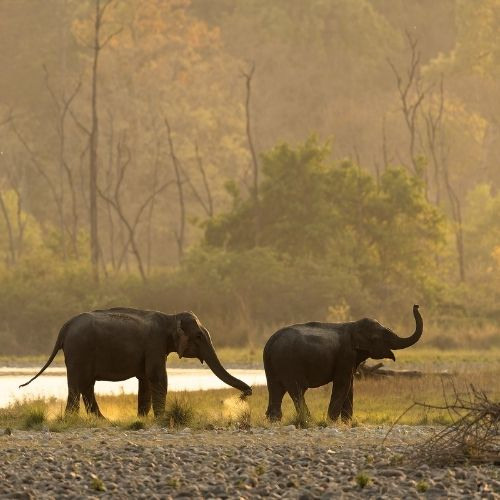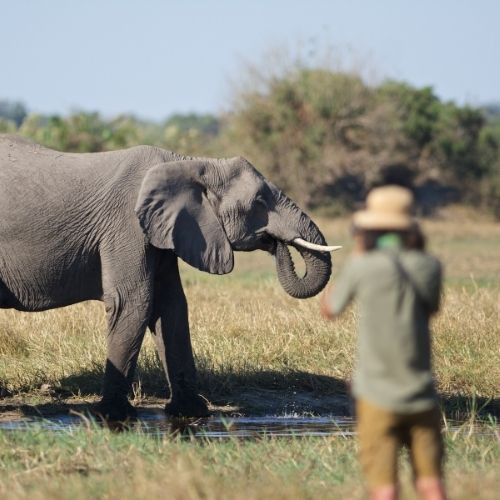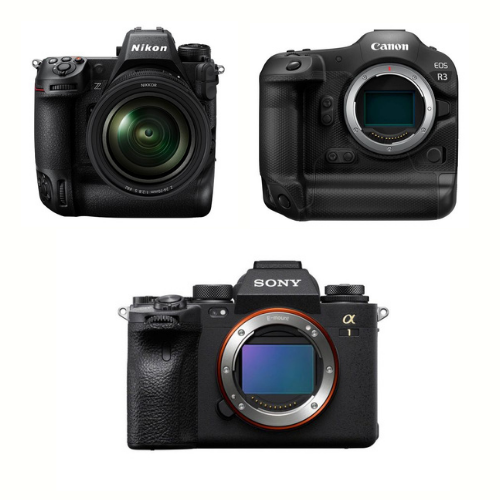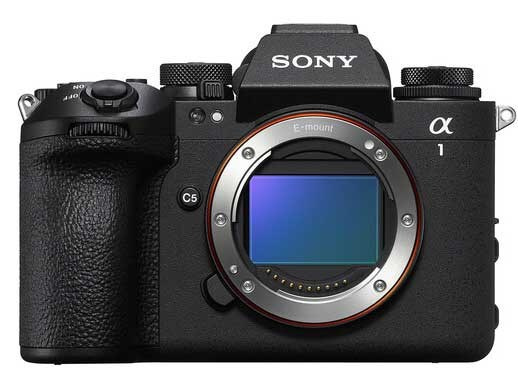A Reflection from the Perspective of a Wildlife Photographer
In recent years, a new kind of image-maker has emerged—one that doesn’t hold a camera or travel to remote forests but instead generates images through prompts and pixels. Generative AI has entered the world of photography with stunning realism, producing scenes that could easily pass for authentic moments. As a wildlife photographer who has spent years in the field—waiting in silence, observing patiently, and respecting the rhythms of nature—I find myself reflecting on a question that now echoes louder than ever:
Are my efforts enduring all natural adversities capturing rare and tough moments in nature not valued anymore?
A Flood of the Fabricated
AI-generated images can now simulate dramatic lighting, exotic species, and distant ecosystems—all without anyone stepping outside. For commercial use, especially in stock photography and generic marketing visuals, this has already started to shift the market. Why pay for a digital photo of a lion or hummingbird when you can generate one with perfect symmetry, soft lighting, and zero logistical effort?
And yet, when I hold a print of a jaguar I tracked for hours in the Pantanal, or a hummingbird mid-hover deep in the cloud forests of Peru, I am reminded: what AI creates is an illusion; what we capture is an encounter.
The Wildlife Photographer’s Edge: Truth and Presence
In wildlife photography, the camera is more than a tool—it’s a passport to patience, to learning ecosystems, to witnessing behaviors that unfold only in the presence of trust and time. You can’t prompt a real owl to fly into perfect composition. You can’t synthesize the sweat, uncertainty, and adrenaline that comes when a rare bird lands in just the right patch of light.
These are moments that AI will never know—because it wasn’t there. As AI content becomes increasingly flawless, the imperfections and unpredictability of real life become more valuable, not less. There’s honesty in the blur of a wing, in the uneven light of a jungle canopy, or the quiet in-between moments that no machine can invent.
A Shift Toward the Tangible
Interestingly, the rise of generative imagery is creating renewed appreciation for tangible, crafted forms of photography. In some circles, this is leading to a resurgence of interest in analog and film-based processes. Film, with its physical negatives, grain, and inherent limitations, offers a sense of presence and permanence that stands in stark contrast to infinitely reproducible digital content.
For collectors and galleries, this physicality—paired with a strong narrative—may increasingly become a marker of value. It’s not about nostalgia, but about authenticity in a time when almost anything can be fabricated.
Redefining the Photographer’s Role
In this new era, photographers must shift from image-makers to storytellers. Technical perfection is no longer the differentiator—presence is. Why were you there? What does the image say about the species, the environment, or the fleetingness of the moment?
Whether shot digitally or on film, the value of a wildlife photograph now lies in its authenticity, its emotional connection, and its irreproducibility. And that’s where we, as wildlife photographers, still have something AI never will: a soul behind the lens.
Final Thoughts
So yes, the rise of generative AI has commoditized a certain kind of image—but not all images. Not the ones born of mud-slicked boots, mosquito-bitten patience, and quiet respect for the wild.
As a photographer who walks into nature not to control it, but to witness it, I believe our images are more important than ever. In a world that is increasingly manufactured, the real is becoming rare—and rarity is value.
Let the algorithms churn. I’ll still be waiting in the field, lens in hand, chasing a moment that can’t be generated.
Journal

One of my scariest wildlife photography moments

Ethics and Wildlife Photography

